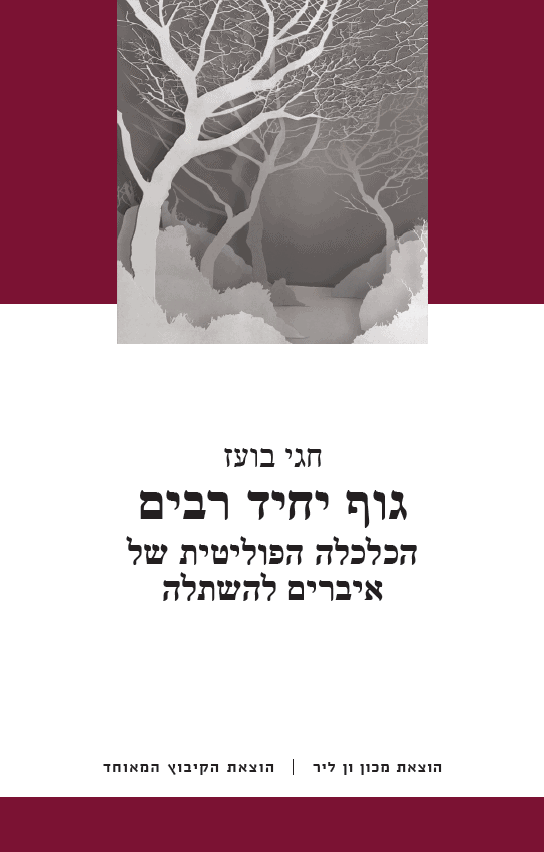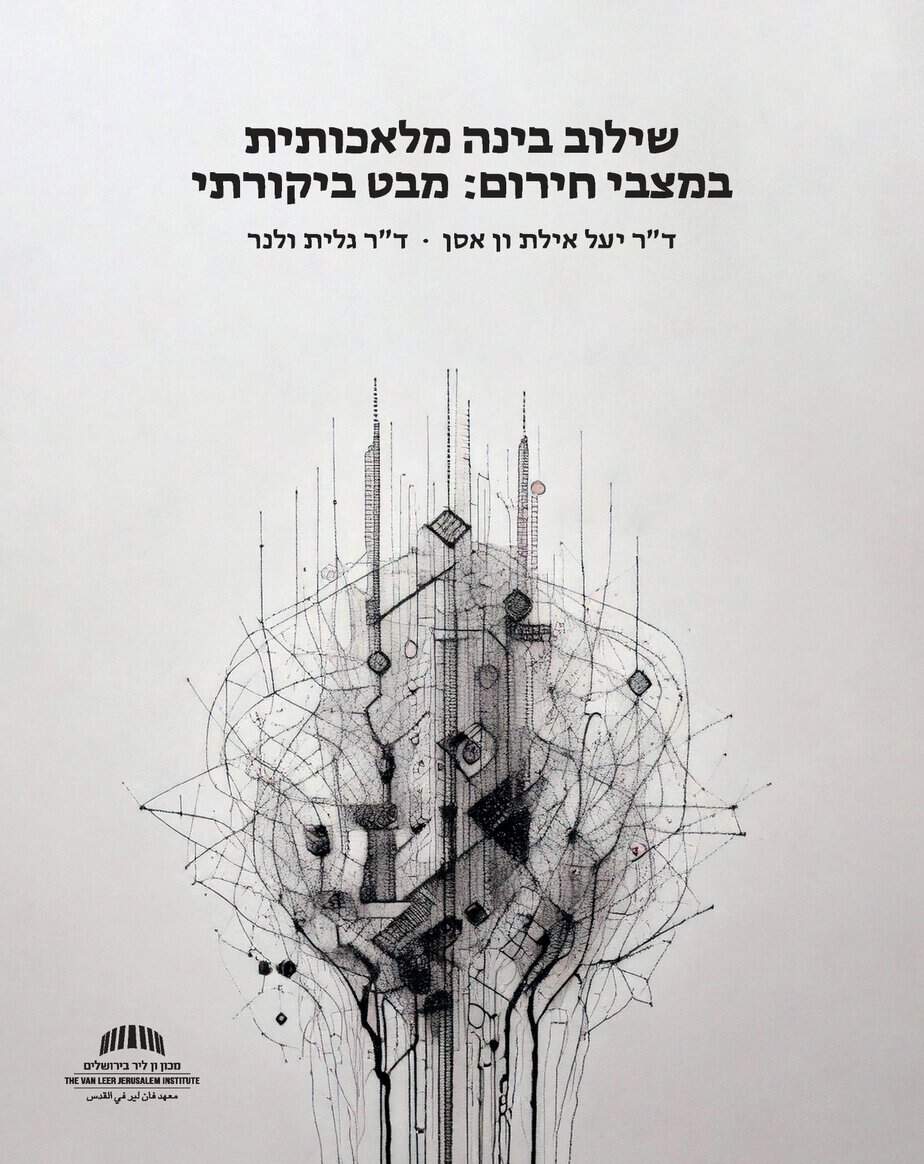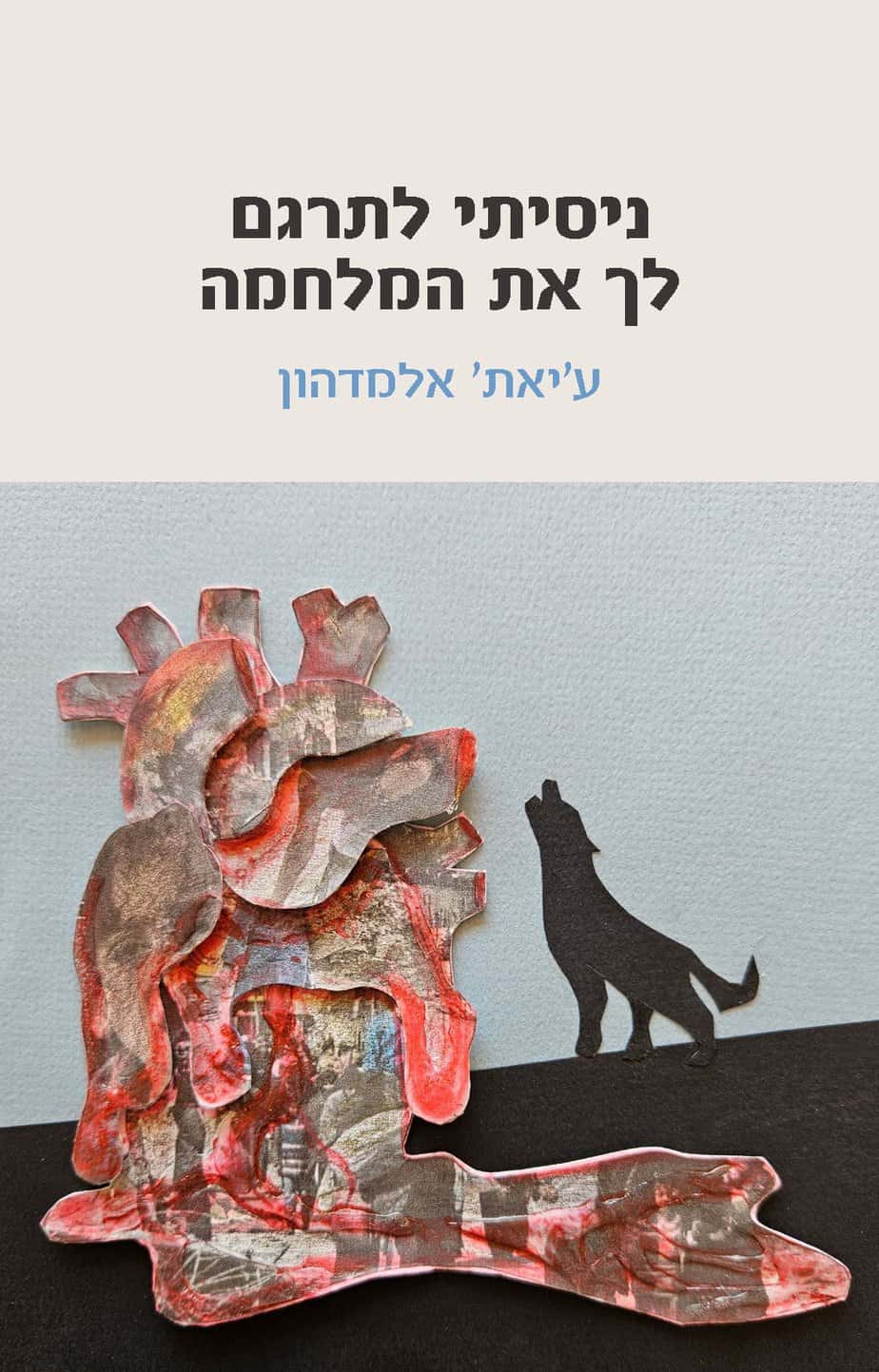The Plural Me
The Political Economy of Organ Transplantation
| By | |
| Publisher | Van Leer Institute Press and Hakibbutz Hameuchad |
| Language | Hebrew |
| Year of Publication | 2019 |
| Series | Theory and Criticism in Context Series |
The idea of dividing the body into its constituent parts and putting it together again, while replacing a defective organ with a healthy one, has nourished the medical imagination and fantasies for years. The images of the body as a warehouse of spare parts, of organs as spare parts, of the exchange as organ trafficking, and in contrast, of organ donation as a gift of life, guide the conventional thinking about organ transplantation. Spare parts or a gift of life? Violation of human dignity or glorification of it? Either way, the language used in the world of transplantation is metaphoric. The place of realistic description has been taken over by an array of images that reduce the donor to a subhuman level or, alternatively, raise the donor to the level of the superhuman. It is hard to find intermediate levels in the organ transplantation discourse.
The Plural Me: The Political Economy of Organ Transplantation presents a sociological study that focuses on those intermediate levels. It traces the paths of organs for transplantation from body to body, while reformulating accepted concepts and proposing new explanations and alternative analytical frameworks for the world of transplantation, in Israel and elsewhere. Basically, the book proposes breaking out of the binary approach that pits altruism and organ donation against utilitarianism and organ trafficking; the book presents a broader range of possibilities created by various combinations of the source of the organ for transplantation and the social institutions that determine its movement.




